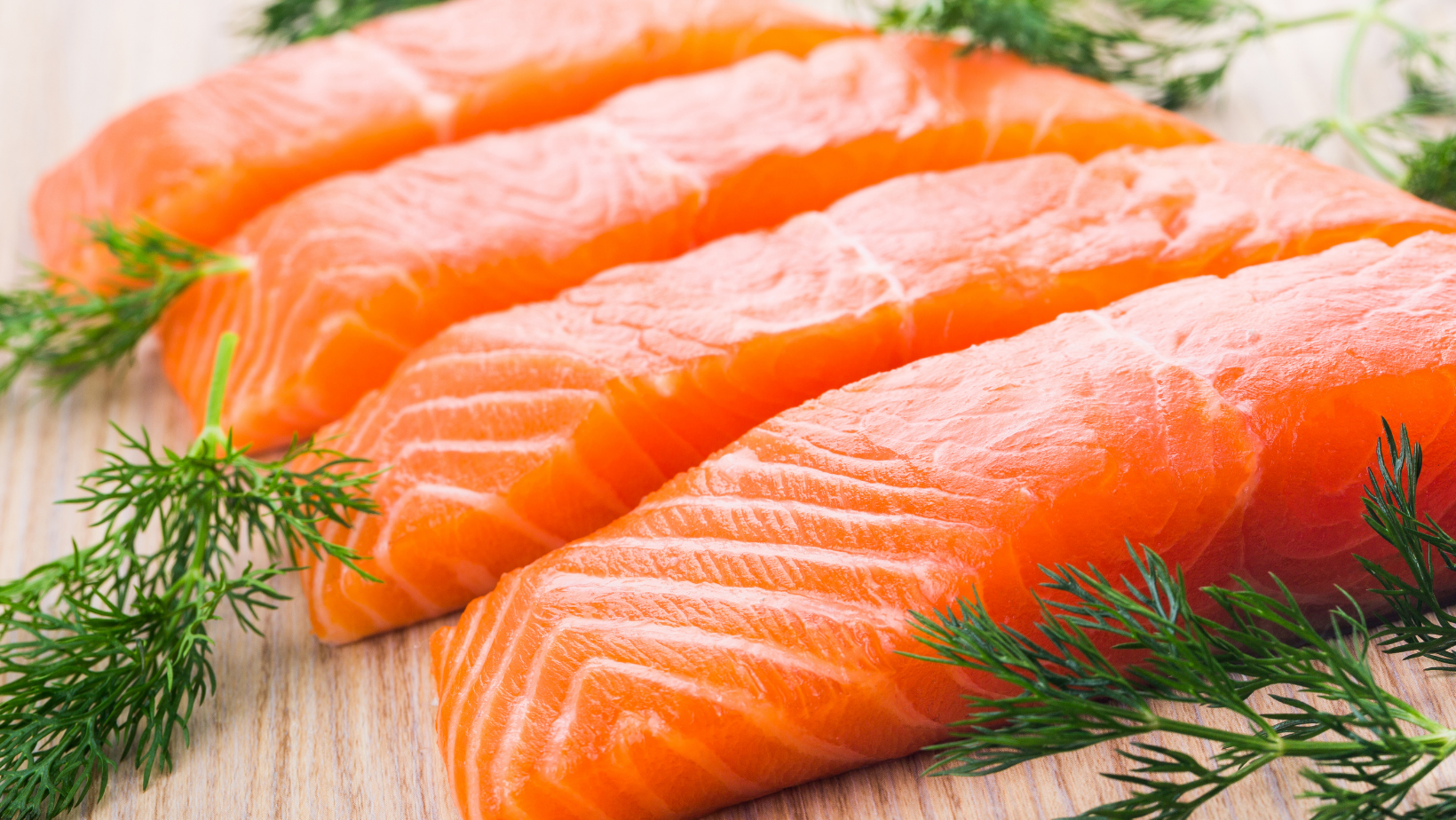To feel more emotionally balanced and foster positivity through our nutritional choices, we need to eat foods that give us energy, elicit joy, and fuel our bodies. Eating high-quality foods that contain vitamins, minerals and antioxidants will nourish the brain, whilst a diet high in processed foods and refined sugars can impair brain function and worsen mental health symptoms.
Below are some foods that have been found to improve brain function and mental health (Adan et al., 2019; Bentson, 2017).
References
Adan, R., van der Beek, E., Buitelaar, J., Cryan, J., Hebebrand, J., Higgs, S., Schellekens, H., & Dickson, L. (2019). Nutritional psychiatry: Towards improving mental health by what you eat. European Neuropsychopharmacology, 29(12), 1321-1332.
https://doi.org/10.1016/j.euroneuro.2019.10.011
Arab, L., Guo, R., Elashoff, D. (2019). Lower depression scores among walnut consumers in
National Health and Nutrition Examination Survey (NHANES). Nutrients, 11(2), 1-13.
https://doi.org/10.3390/nu11020275
Bentson, H. (2017). Dietary polyunsaturated fatty acids, brain function and mental health. Microbial Ecology in Health and Disease, 28(1), 1-6.
https://doi.org/10.1080/16512235.2017.1281916
Brookie, K., Best, G., & Connor, T. (2018). Intake of raw fruits and vegetables is associated with better mental health than intake of processed fruits and vegetables. Frontiers in Psychology: Eating Behaviours, 9, 1-14.
https://doi.org/10.3389/fpsyg.2018.00487
Dutta, S., Roy, S., & Roy, S. (2020). Functional foods for mental health promotion. Journal of Mahatma Gandhi Institute of Medical Sciences, 25(2), 72-79.
https://doi.org/10.4103/jmgims.jmgims_15_20
Field, D., Williams, C., Butler, L. (2011). Consumption of cocoa flavanols results in an acute improvement in visual and cognitive functions. Physiological Behaviour, 103, 255-260.
https://doi.org/10.1016/j.physbeh.2011.02.013
Latif, R., Mumtaz, S., Alsheikh, M., Chathoth, S., Naimi, S. (2020). Effects of turmeric on cardiovascular risk Factors, mental health, and serum homocysteine in overweight, obese females. Alternate Therapies in Health and Medicine, 27(1), 114-119.
https://pubmed.ncbi.nlm.nih.gov/32088675/
Macht, M., Dettmer, D. (2006) Everyday mood and emotions after eating a chocolate bar or an apple. Appetite, 46(3), 332-336.
https://doi.org/10.1016/j.appet.2006.01.014












